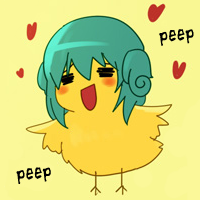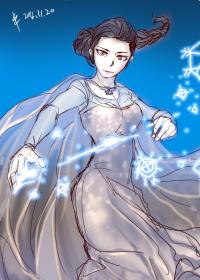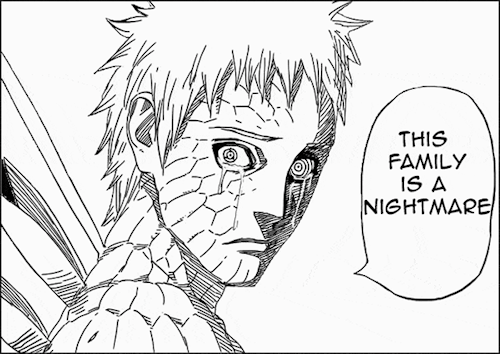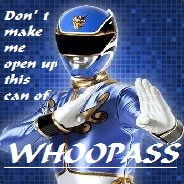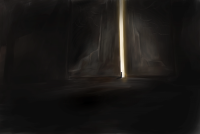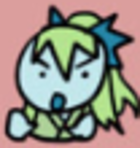I've recently finished reading Kubera(after looking at this thread), and I really like ToG (and I mean A LOT, I read it several times), so I would like to say mine. (Please keep in mind that I read Kubera only one time)
Despite what many here seems to think, to compare ToG and Kubera is not easy, at least in my opinion. As other said in this thread there are several differences, the mains are:
ToG is an action series, while Kubera is far less so (for now)
Kubera was plotted as a novel in the beginning, ToG was'nt
As a result the main difference beetween the 2 is, in my opinion, how the story flows: in Kubera the story flows constantly, as you would expect from a novel, while ToG is more episodic, like the majority of the comics, but at the end of the season you realize that all those arcs before were a setup for the end of the season.
Someone in the previous page said that Kubera is well plotted, while ToG sometimes seems written by an amateur (first of all I must thank you, because your "provocative" post made me curious enough to check Kubera, don't worry about your throat  ), well I think that ToG has been plotted out from start to finish as well, but for the reasons stated before this is maybe less evident.
), well I think that ToG has been plotted out from start to finish as well, but for the reasons stated before this is maybe less evident.
In Tog the "main character" is the eye of the storm, so he is the one who trigger the events, even if their true origin lies well in the past just like in Kubera, but here the events in motion are what trigger the actions of the character. So in Kubera we have a large cast of equally important characters, but we can assume that Leez will stand out later, while in ToG the importance of the main character will likely matched by others who for now are "support characters". This is also why the story in Kubera seems far slower than in ToG.
Both plots have their core in the past (in both the events of the plot have their origins in the past), but while this is obvious in Kubera, this is far less evident in ToG, since the characters themselves are just beginning to understand this as a result of the main character suffering. They want to make their dreams come true, but to free themselves from the powers of their world they will have to solve the mystery of the past.
Then comes the foreshadowing, both of them use it very well, but in very different ways: in ToG it is often visual and difficult to see, while in this Kubera is also more similar to a novel.
In conclusion both of them are extraordinary good works, but i think that Kubera would have been better as a novel. I find quite amusing that there is more fanservice in Kubera, written by a woman, than in ToG that is written by a man, even though it is probably better this way since SIU seems not so good at drawing half naked women  . I still prefer ToG, i like a lot the dark aura that it has, while i've read in this section that some prefer Kubera because it isn't so dark (but I think it could be even more dark, because in ToG's darkness there is hope, while in Kubera we are flat out told that it will end in tragedy).
. I still prefer ToG, i like a lot the dark aura that it has, while i've read in this section that some prefer Kubera because it isn't so dark (but I think it could be even more dark, because in ToG's darkness there is hope, while in Kubera we are flat out told that it will end in tragedy).
Soooo, longest post i've ever wrote here on batoto, I hope that my english is good enough to make this easy to uderstand for you all.

 Sign In
Sign In Create Account
Create Account


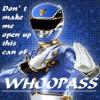


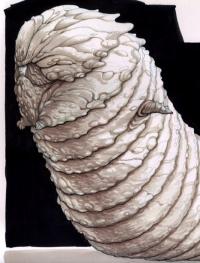
 Back to top
Back to top
